The Ph.D. in health profession education consists of 17 courses for 60 credits. Most of the instruction is done online or using distance learning technologies. The program also includes a mandatory on-site residency, which requires four days of intensive on-site training and lectures. This degree is designed to be completed within three academic years, with participants beginning the program only in the fall term. While it is not an immediate career option, completing the Ph.D. in health profession education will provide you with the tools to continue in a career in health care.
The curriculum for the program is 48 credits and includes prerequisite CAGS credits. The dissertation is the last part of the program. Typically, the thesis is about three years long, but can extend to six years. The Ph.D. in health profession education is a challenging, yet rewarding, graduate degree. The program prepares students for careers in health professions education as research-driven experts and scholarly leaders in their fields.
Graduates of the program can be employed in teaching or research positions in higher education. The degree prepares students for careers in healthcare professional education or other related fields. It will also help prepare them to lead the next generation of health professionals. With a PhD in health professions education, you will be an influential and effective educator in your field. A doctoral degree in health professions education will also help you become a scholarly leader in your field.
Ph.D. in Health Profession Education Eligibility
Candidates who want to take admission in Ph.D. must have a post graduate degree in Health Profession Education and its relevant discipline with at least 55% marks from a recognized university and must have passed the national level entrance examination or university level entrance examination. National level entrance exam like UGC NET / UGC CSIR NET / GATE / SLET or University entrance exam consisting of written test and personal interview.
Benefits of a PhD in Health Professions Education
A doctorate in health professions education from an accredited program will give you the tools to make an impact on the health of a diverse society. You can choose to enroll in a part-time or full-time program. To be accepted into the program, you must be a resident of Massachusetts or the New England Commission on Higher Education. The benefits of a PhD in health professions education are many.
The Ph.D. program consists of seventeen courses totaling 60 credits. The instruction takes place primarily online through distance learning technologies, but a mandatory on-site residency occurs in tandem with the beginning and end of the program. The residency involves four days of face-to-face lectures and training. The duration of the program is three years. You can begin the program in the fall or spring semesters.
While the program requires a dissertation, students will also be required to complete a scholarly practice project. The capstone experience is a unique opportunity to implement new innovations in the field of health care, while developing a research project that aligns with your passions. With a PhD, you'll be well-equipped to be a leader in health care. And it's a highly rewarding career path.
The Career Opportunities of a PhD in Health Professions Education
The doctoral degree in health professions education emphasizes interprofessional education, the development of patient-centered care, and cross-disciplinary collaboration. The course work will also address curriculum planning and assessment, as well as issues facing the institutions and faculty. Depending on your specialization, you could go on to teach in a medical school or community health center. You could also become an educational researcher, writing articles for journals, or collaborating with colleagues in other fields.
Many health professions programs require doctoral degrees, and the number of retiring faculty is increasing. In addition, the shortage of doctorally-prepared educators is increasing, putting more emphasis on the importance of doctoral education in the health professions. With an advanced degree in health professions education, you'll be able to prepare the next generation of health care professionals, as well as emerge as a scholarly leader in your field.
Getting a PhD in health professions education will allow you to pursue a number of careers related to health. You may be able to teach in a school setting, write grants and proposals, develop educational classes, and coordinate community outreach. You could also become a research scientist. These PhD programs are highly relevant to the health field, as they can be used to conduct research and develop curriculum.
The Future Scope of PhD in Health Profession Education
The future scope of health profession education has never been brighter. As the healthcare industry continues to grow and change, it is important for health professionals to have equal pedagogical and scientific knowledge. The need for good educators and researchers in the health field is growing in schools, hospitals, and universities. Graduates with this degree will find roles in administrative leadership, preceptorship, and department chairs. There are many other academic leadership opportunities in the health field.
As the demand for health professionals continues to rise, the demand for high-quality health education and training is growing exponentially. There are many different ways to become a health education specialist. There are subspecialty courses, continuing professional development (CPD) programmes, and specialised Masters and postgraduate programmes. These programmes prepare health professionals for a specific specialty area. Some of these programs even include optional specialist modules.
The PhD in health professions education program is approved by the Massachusetts Department of Higher Learning and by the New England Commission on Higher Education. It provides candidates with the skills necessary to advance in the field. There are many different fields in health care, and a health professions education degree is one of them. But the field is always evolving, and the future will be no different. And with so much advancement in the field, it is essential to stay current.
Ph.D. Research Programme duration
The Ph.D. in Health Profession Education course is minimum 3 years and maximum 5 in duration. This depends on the university offering the course.
Fees for research programme for Health Profession Education
The average fee for Ph.D. in Health Profession Education degree is between INR 50000 and INR 500000.
 5 Years
5 Years
 PhD
PhD
 Research
Research












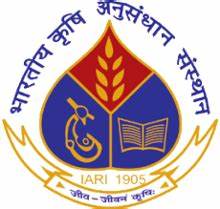

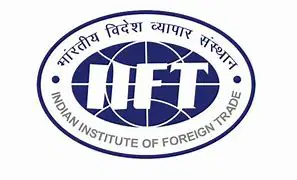

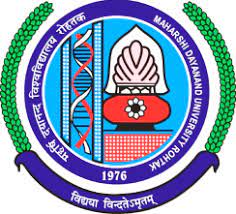

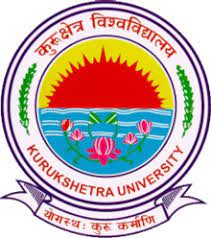

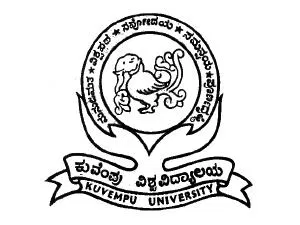

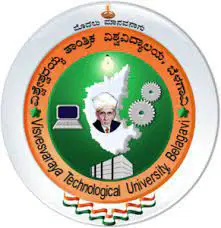


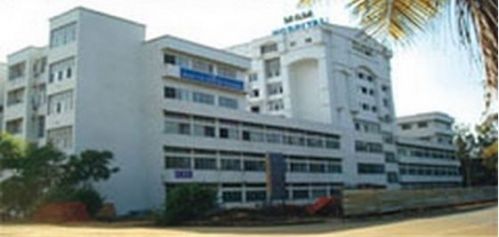

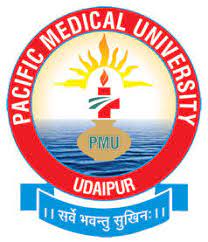


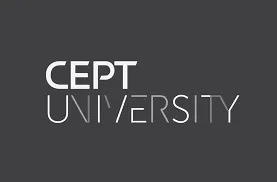


 back
back